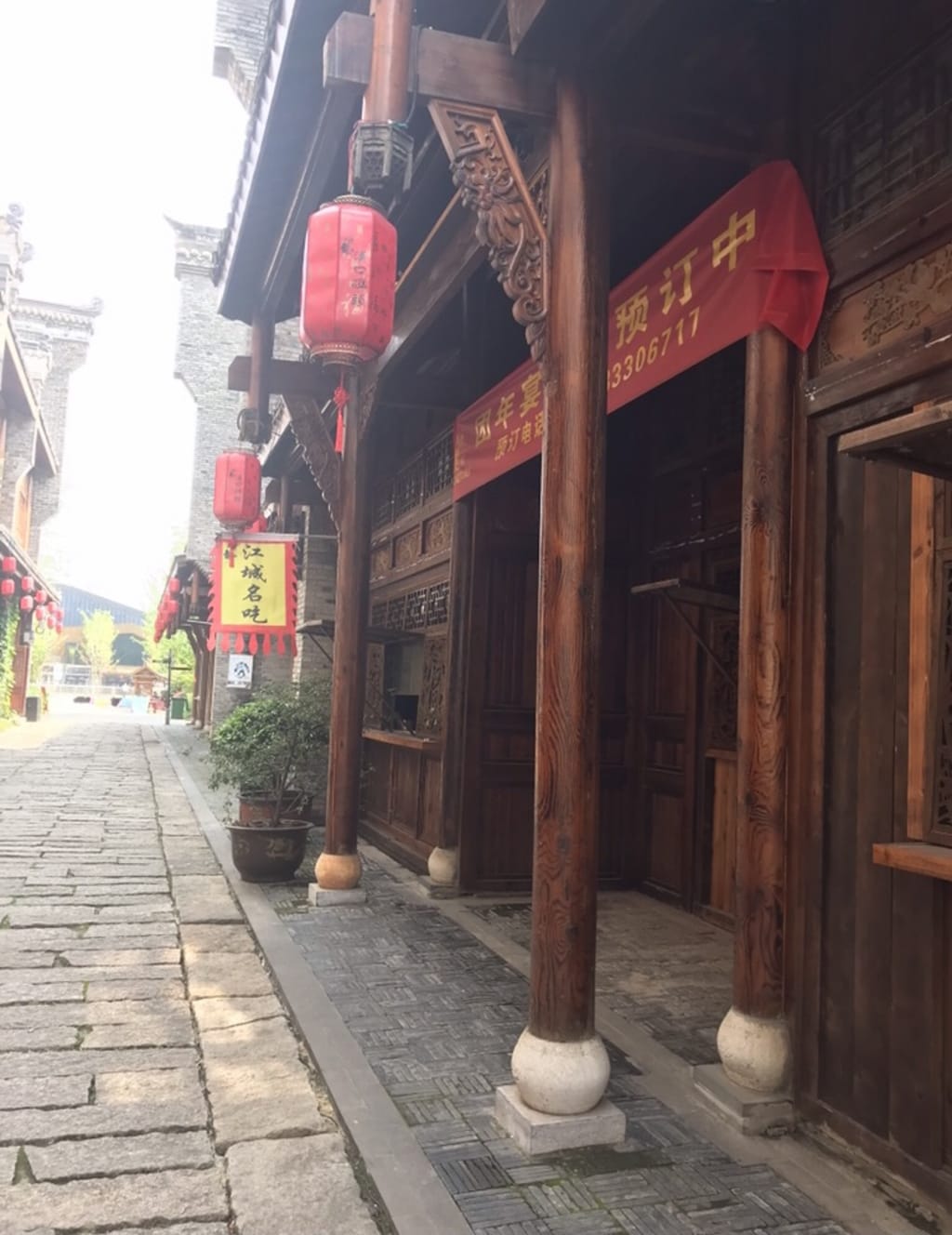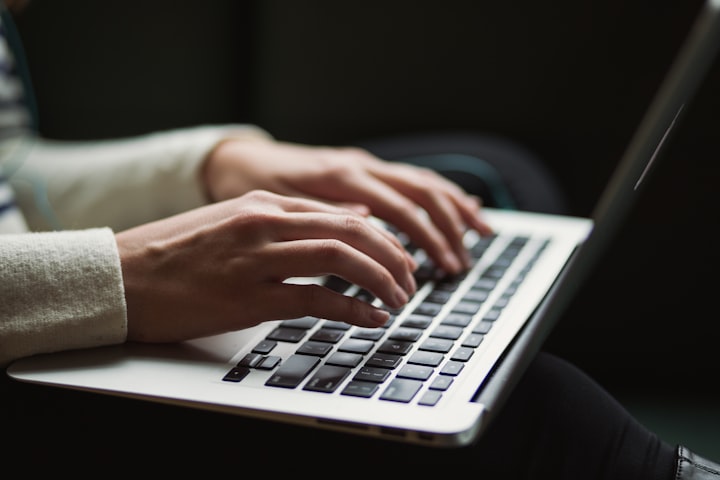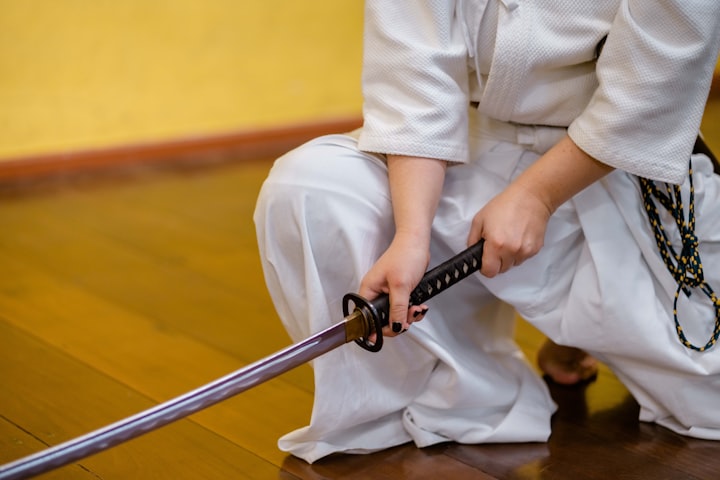
It’s April 2020, I’m stranded in small town Maine, and the evening news is nightmarish with images of freezer trucks brought into New York City to store the COVID bodies. A year ago at this time, I was working as a foreign teacher in Wuhan China, the apparent epicenter of all this.
My former student, a girl who used the name Minnie in my class, asks if we can do a video call over WeChat. I agree, and before I can ask her what time she’d like to talk, a jaunty tune plays on my IPad to notify me of her incoming call. I click the green phone icon to answer, and her face flickers into existence, freezing on screen. The static on the other end suggests a voice. Halfway across the world, Minnie’s mouth opens and closes, like an animation that’s been slowed down to emphasize each frame. She’s wearing lipstick, which is new. I guess at eighteen, she has the right. I taught Minnie to speak English from the first grade of primary school up through high school, meeting her at least once a month for the entirety of my eleven years abroad.
“Can you hear me?” Minnie asks. “Are you there?”
“I’m here. How are you? I’ve heard things are getting better in Wuhan.”
“I’ve heard things are getting worse in America.”
I shrug. Things are getting worse in America, but given my teacher-student relationship with Minnie, it hardly seems right to say so. Over the years, we’ve spoken about millions of topics in our quest to prepare her for her dream of attending university in England, but I would never consider telling her about my problems and worries. She’s a sensitive girl, who always tries to take on other people’s burdens. I don’t want to add mine to hers.
“Things are okay here, honestly,” I tell her.
“You can’t take this lightly,” Minnie scolds. “Two old people in my family died.”
Minnie’s expression is stony and calm, the face of somebody who has had to grow up suddenly. Before leaving Wuhan, I’d joked with her that a part of me would always remember her as the six-year-old she was when we first met, but now I can’t find a trace of that little girl. I hope that one of the deaths wasn’t her grandmother who used to cart her to school in wagon attached to the back of her bicycle, and who gave me homemade moon cakes every mid-autumn festival. I don’t dare to ask.
“Are you sure you’re okay?” Minnie asks.
“I’m fine. Maine has a really low number of cases.”
“That’s how it starts. Remember, people can look healthy but still be carrying the virus. Is it true your government isn’t making you wear masks?”
“They’re more of a suggestion. Some people wear them.”
Minnie takes a deep breath, looking as if she might cry. “Well, you have to wear one. Can you tell your American friends to do that too? I want everybody to be safe.”
“I can do that,” I agree. I don’t say much, because I don’t want to become emotional. Back when the virus was just in Wuhan, I was half out of my mind. I’d watch the news, and I’d catch myself leaning in closer to the TV as I recognized the way the bricks on the sidewalks were laid out (grayish and slightly uneven, with pretty diamond designs, prone to becoming loose on rainy days and spraying water if you stepped on them wrong). I’d see the empty front of a noodle shop and know exactly what tasted best there (the re gan mian, definitely). I’d catch a glimpse of a certain pharmacy, remember the Chinese word for the asthma medication I used to buy there, and wonder if the cashier who used to practice her English with me was okay. I’d send texts to friends over there to make sure that they were alive and healthy, all the while knowing that out of the over two thousand kids I taught while I was living in the city, statistically speaking some of them had to be suffering.
Now, it seems, Minnie is going through something similar, watching the news and worrying. She’s never been abroad, but she cares about the world.
“You’re one of my best friends,” Minnie tells me, catching me off guard. Although Minnie is among my favorite students, we’ve never referred to each other as friends before. However, in this time of global crises, Minnie is choosing to reach out across international borders, and do so in the spirit of friendship. Her first instinct, as a citizen of Wuhan, is to try and use the ordeal she’s been through to help others.
Minnie is far from the only friend in Wuhan who has messaged me since the pandemic started to tear through the United States. Some have texted me offering to send masks when they heard that Americans were having trouble purchasing them. Others have reminded me to wash fresh fruits and vegetables, in case they’re harboring virus particles. When Trump suggested (either idiotically or jokingly) that we try injecting bleach, I received an e-mail from a former student who was deeply concerned that I might give it a try and accidentally poison myself.
Not all of the messages I’ve received from Wuhan have been meant to help me specifically. I’m a foreigner and people there know me, so they toss whatever information they can in my direction the way somebody might toss a message in a bottle out to sea, driven by the human desire to use the lessons learned in times of crises to bridge divides and deliver aid to as many people as possible.
In the United States, we’ve all heard COVID referred to as the “China virus” and used as an excuse to scapegoat Asian people. There’s a certain narrative, which some people believe, in which the people of Wuhan cruelly unleashed an illness upon the world.
In my heart, Wuhan is a modern and beautiful city that anybody would be lucky to visit. The people are kind. It’s safe.
I’m biased. I don’t think I’m wrong, but I have to admit that I’m biased. For me the face of Wuhan has nothing to do with governments or politics. It’s Minnie and the other kids I taught. It’s my friends and co-workers.
When people bring up their theories that COVID was created in a lab, I catch myself trying to sell this idea of Wuhan as a utopia where nothing corrupt could ever happen. I know it isn’t as perfect as time away has led me to imagine, but I was happy there.
Other people are biased, too. This is what I would like the people who find themselves inclined to think poorly about Wuhan to know:
Wuhanese people struggled like everybody else in the world, with dead loved ones, exhausted nurses, and lost experiences. They traded pandemic memes, worried, and spent months inside under strict lockdown. They did what they could with the information they had and faced with a brand new virus that nobody knew much about, they were the first people to fight it. They stayed home, masked up, and conducted research. In some ways, the people of Wuhan were the first heroes of the COVID-19 pandemic.
If you enjoyed reading this, consider sharing it with a friend or over social media.<3
About the Creator
Rose
This is just a hobby.






Comments
There are no comments for this story
Be the first to respond and start the conversation.